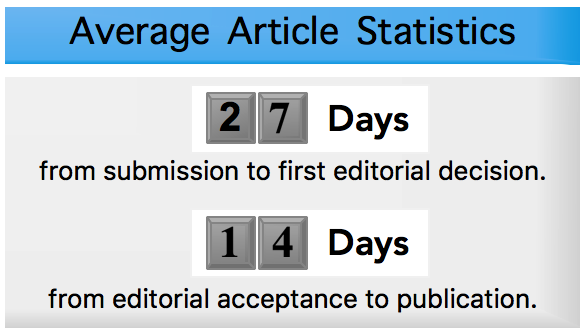Downloads
Abstract
Gear is one of the most common and important components in machinery. Evaluation on durability of gears plays crucial role in the assessment of the whole system reliability and service life. For other parts like shafts, the gears also act as loads. Therefore, dimensions and weight of the gears should be reduced as much as possible, contributing the size and weight reduction of the whole systems, which is essential to be cost-effectiveness. The current research focuses on optimal weight design problem of spur gears, such that the weight is minimized under the constraints taken from working conditions. The weight is a function of six variables, i.e. face width, shaft diameter of pinion, shaft diameter of gear, number of teeth on pinion, module and hardness. Constraints are derived based on AGMA standard and engineering handbooks, including the bending strength, the surface fatigue strength, the interference condition, the condition for uniform load distribution, the torsional strength of shaft on pinion and gear, and the center distance. The set of optimum design variables is determined by the heuristic algorithm Grey Wolf Optimizer (GWO). The accuracy and efficiency of the GWO in the optimal weight design problem of spur gears are assessed based on comparison with other popular methods, such as Genetic Algorithm (GA), Particle Swarm Optimization (PSO) and Simulated Annealing (SA). It is noted that in previous works, some of the constraints are still violated. Therefore, a penalty term is taken into the objective function, such that any set of design variables that violates constraints will be considered as ``unfit'' by the algorithm. It is demonstrated that using the proposed approach by current work, the optimal weight and the corresponding set of design variable are very close to reference data. Yet the advantage of the proposed approach is exhibited in the fact that all of the constraints are satisfied.
Issue: Vol 4 No 1 (2021)
Page No.: 671-679
Published: Mar 15, 2021
Section: Research article
DOI: https://doi.org/10.32508/stdjet.v4i1.792
Download PDF = 416 times
Total = 416 times

 Open Access
Open Access 








